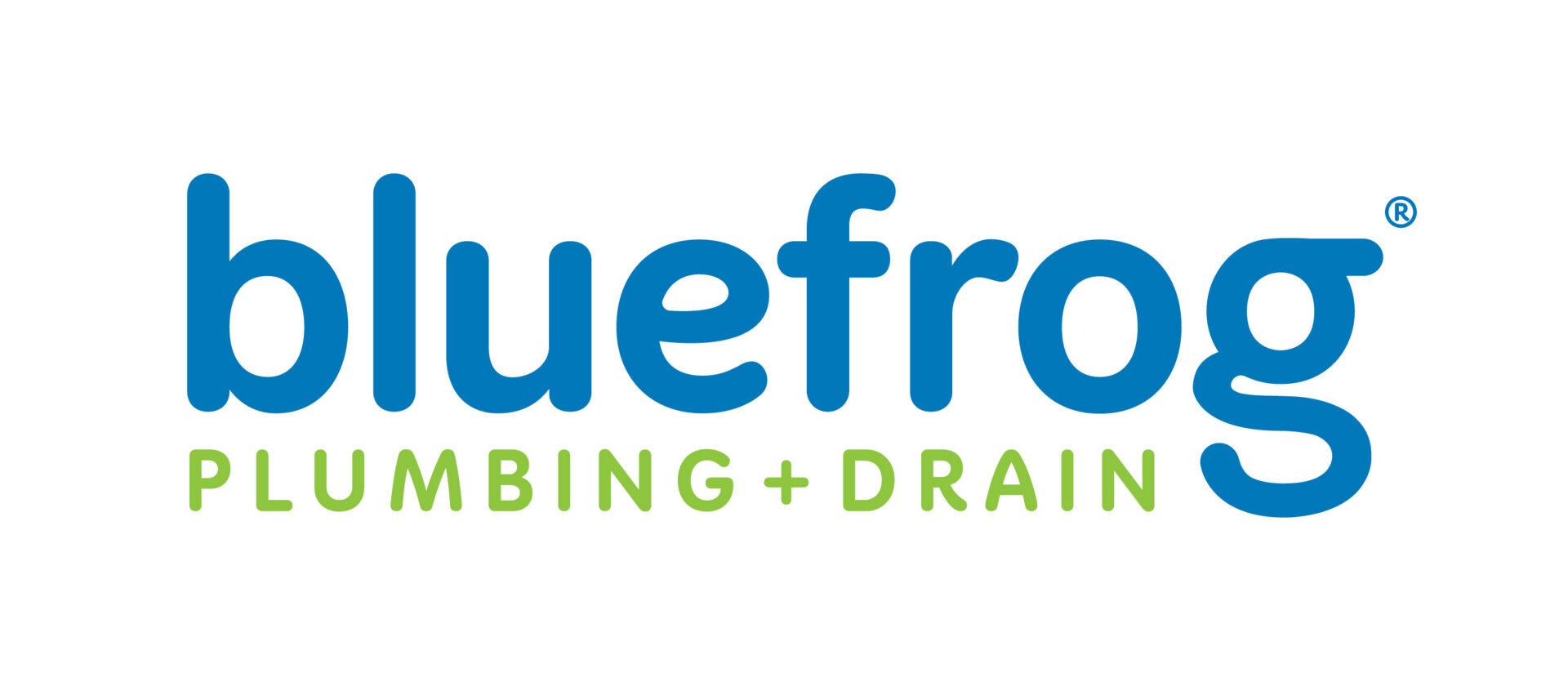Like any other part of your home, your septic system requires routine maintenance to remain in optimal working order for many years. Failure to repair issues early and maintain the system increases the risks of costly, frustrating, and even life-threatening failures.
Malfunctioning sewer systems can threaten your health and safety because they allow untreated sewage to exit the tank. When it does, wastewater can back up into your home’s drains or resurface into the ground, creating health hazards.
However, while you know by now that a sewer system failure is a challenging problem, you may be asking, “How do I know if my septic tank is failing?” Fortunately, several signs can indicate an issue with your sewage-disposal tank. Paying attention to these enables you to get professionals to intervene and address the problem as early as possible.
How To Tell if a Septic Tank Is Failing: 6 Signs To Watch Out For
1. Water Is Backing Up Inside Your Home
A septic tank that reaches its capacity or encounters issues like clogging or damage fails to treat and contain sewage properly. Because of this, wastewater can actively flow back into your home’s drains, toilets, or sinks every time you use your plumbing appliances, creating an unpleasant and unhygienic situation. In worse cases, flushed sewage may also make a reappearance.
When any of these happen, it’s crucial that you stop using your plumbing appliances immediately and call your trusted plumber in Salt Lake City for help. Ensure to keep everyone away from the area as well, as backed-up wastewater can contain disease-causing contaminants.
2. Your Drains Are Slow
Slow drainage in kitchen sinks or bathroom drains can be caused by the buildup of fat, oil, and grease (FOG), or hair and soap residue, respectively. If you are experiencing slow drains in a single part of your home, you likely have a simple clogged drain to fix.
However, if all your household drains are affected by slow drainage, it’s best to call a local plumber for inspection and assistance. Multiple slow drains can lead to wastewater backups and even a complete septic system failure. Having a professional inspect your drain lines and sewer system can help you identify and resolve the underlying problem before it worsens.
3. You Notice Lush Spots of Grass Around Your Septic Tank
It can be stressful to wonder, “How do I know if my septic tank is failing?” and have no clear answers. But sometimes, you won’t have to look far for confirmation. A malfunctioning septic system may cause wastewater to leak into its surrounding soil, promoting healthy grass growth with its moisture and nutrients.
As such, it’s best to keep your eyes peeled for unexpected green patches near your septic tank or drain field. While they may be pretty to look at, these lush spots point to an issue with your sewer system that must be addressed promptly. Otherwise, you may eventually have to deal with more severe septic problems and environmental contamination.
4. There’s a Persistent Rotten Egg Smell Inside Your Home
A rotten egg smell or sewer odor from your drains or around the system is another sign your septic tank may be failing. Well-maintained systems are not only able to contain and treat wastewater but also prevent foul odors from escaping. However, when issues arise, septic tanks can release fumes containing hydrogen sulfide, giving off the distinctive rotten egg odor.
If you notice this unpleasant smell inside or outside your home, it’s best not to dismiss it as a mere nuisance. Instead, take timely action with the help of a professional to avoid extensive septic system damage and exacerbated health hazards.
5. Using Plumbing Appliances Creates Gurgling Sounds
It’s normal for toilets to make noises when flushing. However, if you hear strange, gurgling noises even when your bathroom isn’t in use, you may have a septic system problem.
These sounds are usually caused by air and liquid moving inside your sewer lines, indicating various plumbing problems. Whether it be a clog or an internal system issue, it requires immediate attention from your local emergency plumbers.
6. You Discover Nitrates and Bacteria in Your Water Well
Water wells are innately free from bacteria and harsh chemicals. As such, elevated levels of nitrates or coliform bacteria in your water test can be caused by wastewater overflow from a nearby malfunctioning or failed septic tank.
If you are experiencing contamination in your water well, it’s critical that you stop using the water immediately – whether for your household, pets, or plants. Most importantly, call a septic system or sewer line repair service as soon as possible to get your home back to normal.
Now That You Know How To Tell if a Septic Tank Is Failing, What Comes Next?
Ideally, you want to have your septic system inspected at least once a year and pumped every three years to ensure it functions correctly. Enlisting regular inspections and repairs also helps you fix cracks, rusting, or other problems before they create more extensive issues.
However, if you’re already noticing the signs mentioned above and your septic tank failed inspection, the next step is to have it professionally evaluated. This can help you identify the underlying problem causing the failure. A full tank will require septic pumping services, while issues in the sewer lines, like clogs and tree root infiltration, are best left to plumbers.
Schedule Your Sewer Line Repair or Installation
If the issue lies in your septic system’s pipes, your local bluefrog Plumbing + Drain team is available 24/7 for sewer line repair. Our certified technicians can resolve various problems, from grease buildup and blockages to pipe corrosion and tree root infiltration. Book your sewer line repair or installation in Overland Park today by filling out this contact form or calling (385) 200-9183.
